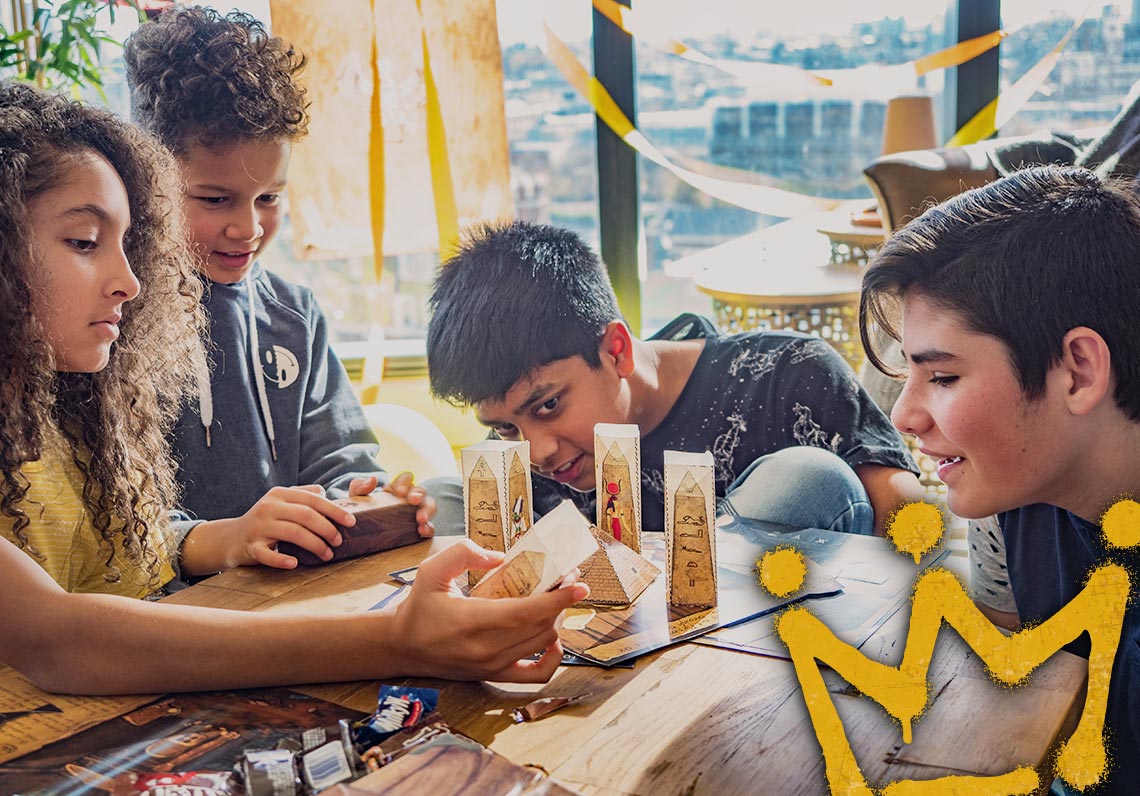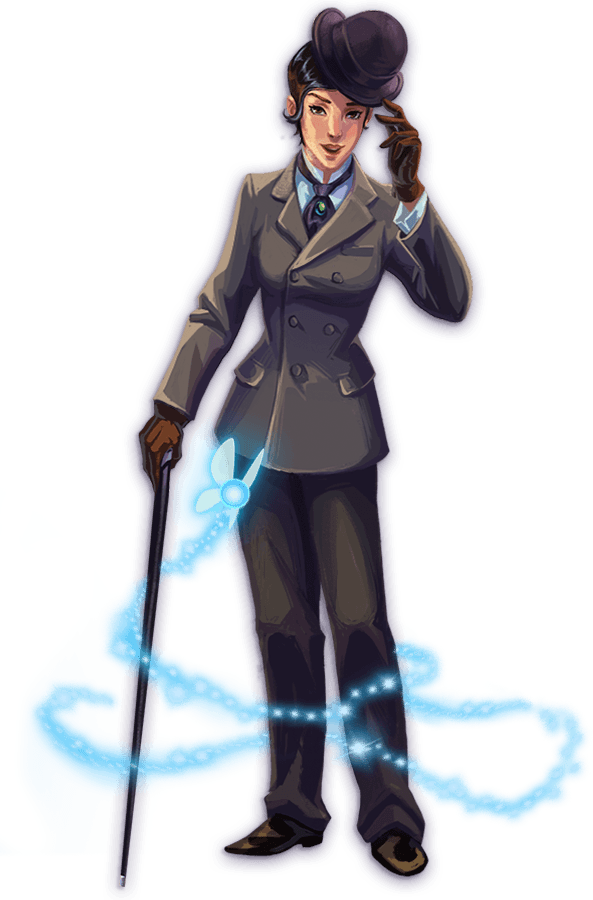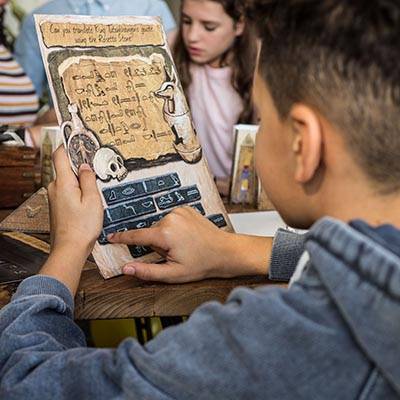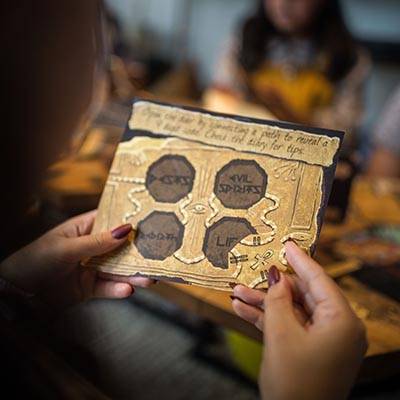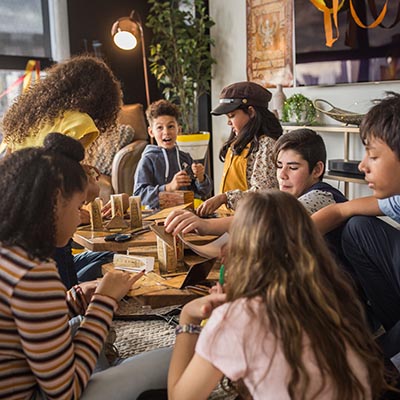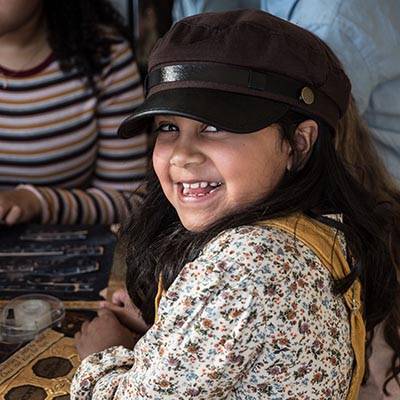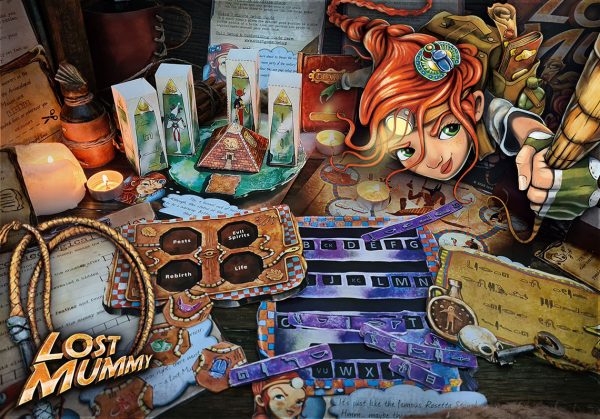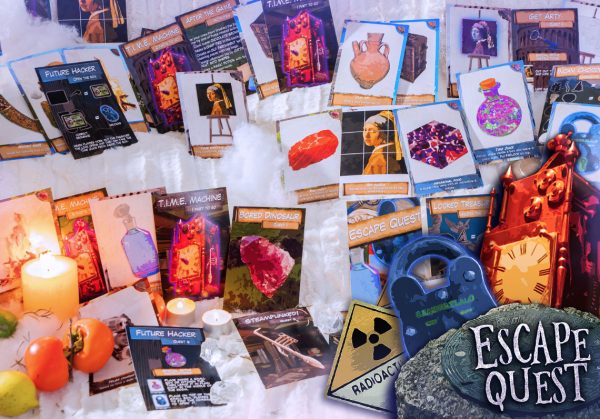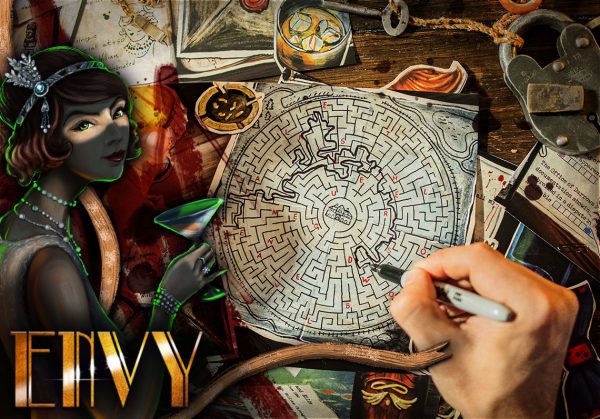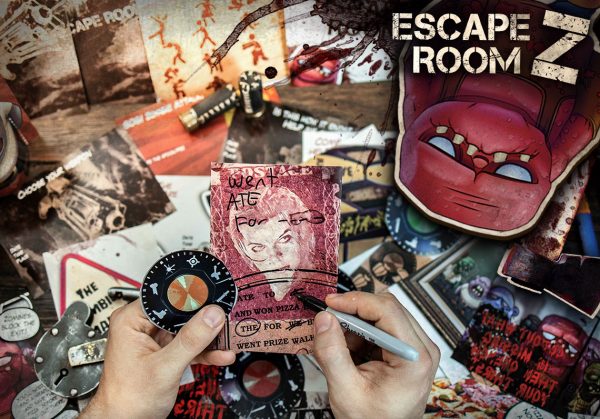The amazing thing about riddles is that they can make you think in ways you never thought possible. They make you pull out all the stops to try and figure them out. And, in the process, you can end up having a lot of fun.
Remember the riddles that Gollum asked in The Hobbit? Although Bilbo was able to answer them, they required some serious brain power. And in the end, Bilbo successfully outsmarts Gollum and escapes with his life.
It helped Bilbo to think outside the box and to come up with creative solutions - something that can be beneficial in any situation, not just when you're trying to escape from a creature in a dark cave.
Riddles can help improve problem-solving skills, creative thinking, and logic. They are also a great way to encourage critical thinking in children. If you're looking for ways to help your child build cognitive skills, escape room riddles could be the perfect solution.
Think about it - in an escape room, children are placed in a situation where they have to use their brain power to solve a series of puzzles in order to escape. They have to think creatively, work together as a team, and use their logic to figure out the clues. In other words, they have to use all the cognitive skills they have.
And, what's more, they're doing it in a fun and interactive way. They're not sitting in a classroom listening to a lecture. They're actively engaged in trying to solve riddles and escape the room.
So, how exactly do escape room riddles stimulate children's neural pathways?
EN

